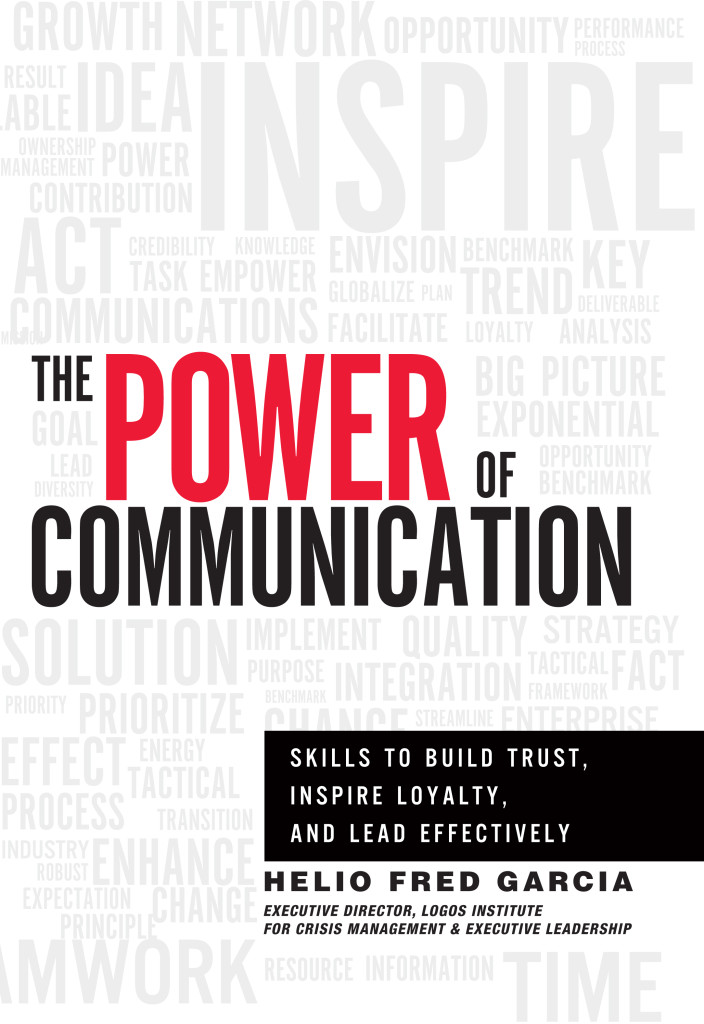A few useful research reports have been published in the last two weeks, in addition to the usual interesting commentary that caught our eye.
- Pew Internet on “Digital Differences”: The Pew Research Center summarizes the findings by saying, “One-in-five [American] adults do not use the internet. The difference between that group and the majority of Americans who do go online remains strongly correlated with age, education, and household income, which are the strongest positive predictors of internet use.” The full report is here. This is helpful research to remember when thinking about communicating with audiences, and one question to ask in communication planning: who might your organization be missing and how can they be reached if not through online means?
- Nonprofit Social Network Benchmark Report: NTEN, Common Knowledge and Blackbaud released the “2012 Nonprofit Social Network Benchmark Report,” its 4th annual report on how nonprofits are using social networks. Additional analysis and data highlights in a guest post on Beth’s Blog.
- Pulitzers and Online Reporting: The Nieman Journalism Lab blog has a good analysis of the impact and effects of online journalism in this year’s winners.
- Why Is Trust in Media Falling?: Jay Rosen breaks down the question of why Americans have such low trust in media today, asking “What Explains Falling Confidence in the Press?“
- Local News: Despite lower trust in media overall, most Americans still turn to local news sources. Pew’s recently released study on local news found that “72% of Americans follow local news closely,” and the report details additional media consumption habits of this group.
- USC Annenberg Gap Study: USC Annenberg published its “Communication and Public Relations Generally Accepted Practices (GAP VII)” study, on the “current state of the PR industry.” A helpful breakdown of key findings and what they mean for corporate communicators and agencies is also on PR Squared.
- On Reputation: A thought-provoking article from the Economist on corporate reputation is worth reading, “What’s in a name? Why companies should worry less about their reputations.” Not surprisingly, many disagree, and Dr. Leslie Gaines-Ross has a thoughtful response on her blog.
- Corrections and Broadcast TV: David Carr of the New York Times commented on the curious disparity in how broadcast news handles corrections versus print news, in light of how NBC handled the correction to its use of an audio clip on the Today show that was “misleading, incendiary and dead-bang wrong.”
- The Navy and Twitter: The US Navy was a recent victim of self-inflicted harm, when someone mistakenly sent a personal tweet from the Navy’s official Twitter account. However, the damage was contained early and was minimal, and they shared some lessons learned from the incident.





